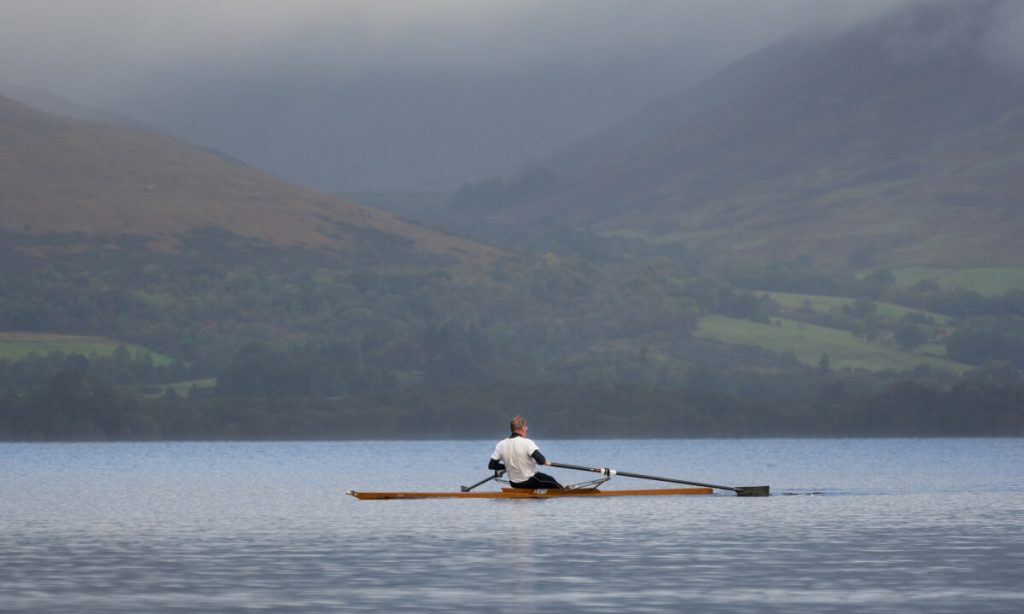The Morbi Wild ecosystem represents one of the most biodiverse yet least documented regions in the Northern Hemisphere. This 5,000-acre protected area operates under strict scientific oversight, with only 200 visitor permits issued annually.
Ecological Marvels:
- The Canopy Network:
- A 12-layer vertical ecosystem from forest floor to emergent trees
- Home to the rare Morbi Gliding Squirrel (can soar over 300 feet)
- Contains «communication trees» that vibrate to warn of predators
- Aquatic Systems:
- Crystal rivers with pH-neutral mineral springs
- The famous «Singing Pools» where flowing water creates musical tones
- A seasonal lake that appears/disappears based on underground water tables
- Geological Wonders:
- Magnetic rock formations that affect compasses
- The Glass Grotto (quartz caves that glow under moonlight)
- Fossil beds containing perfectly preserved prehistoric insects
Research Opportunities:
The area serves as a living laboratory for:
- Climate change studies (pristine air quality benchmarks)
- Bioacoustics research (unique animal communication patterns)
- Mycology breakthroughs (previously unknown fungal networks)
Visitor Protocols:
- Preparation:
- 6-month advance permit application
- Mandatory orientation on leave-no-trace principles
- Medical certification for high-altitude exposure
- Equipment Requirements:
- Specified camouflage clothing (minimizes wildlife disturbance)
- Non-invasive recording gear (approved models only)
- Portable lab kits for citizen science contributions
- Behavioral Guidelines:
- Absolute silence zones in sensitive areas
- Restricted movement during mating/nesting seasons
- Contributed field notes become part of permanent archives
Conservation Impact:
Recent successes include:
Development of new air purification models based on forest systems
Rediscovery of a presumed-extinct butterfly species
Documentation of cross-species hunting cooperation

